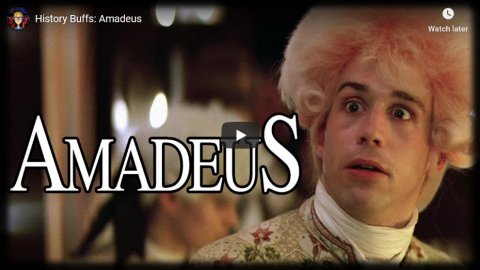In UnHerd, James Bloodworth explains why the Labour Party will have to change to get back into power in Britain:

Jeremy Corbyn speaking at a Rally in Hayfield, Peak District, UK on 25th July 2018.
Photo by Sophie Brown via Wikimedia Commons.
George Orwell was famously contemptuous of much of the left intelligentsia. “England is perhaps the only great country where intellectuals are ashamed of their own nationality,” he wrote in his 1941 essay “England, Your England“. “In left-wing circles it is always felt that there is something slightly disgraceful in being an Englishman and that it is a duty to snigger at every English institution.”
Plus ça change, plus c’est la même chose.
There has always been a healthy suspicion of jingoism and flag-waving on the Left. However it wasn’t this that Orwell was referring to. Few wrote more damning screeds about the British empire than the former colonial policeman, who was always willing to give the “blimps” who ran Britain a good kicking. Rather, Orwell was referring to a more generalised contempt many on the Left felt towards Britain and — by extension — their fellow countrymen.
Socialism to Orwell meant bread and butter issues of higher wages and more freedom — freedom itself depending to a large extent on how much money one has. Yet the movement attracted its fair share of cranks. It was this penumbra of crankishness that prevented socialism from developing a mass following. A major hallmark of it was its anti-Britishness.
Jeremy Corbyn has been compared plenty of times over the past five years to the “vegetarian, fruit-juice drinking, Nature Cure quack, pacifist” oddballs Orwell wrote about in The Road to Wigan Pier. In Orwell’s time these types seemed to gravitate towards the socialist movement “like bluebottles to a dead cat”, as he put it. Since Corbyn became leader in 2015 something similar has occurred: the Labour Party has been flooded with conspiracy theorists, antisemites and various other subliterate fools. Uniting almost all of them is a profound contempt for Britain and in particular British foreign policy.
This is arguably a major reason Labour lost the recent election. “Such was the demonisation of Jeremy Corbyn,” wrote the Labour MP Liam Byrne, “that hundreds of voters I met thought Labour’s leader was a communist terrorist sympathiser who wouldn’t push the nuclear button or sing the national anthem.”
This isn’t so much the “demonisation of Jeremy Corbyn” as an accurate summation of the Labour leader’s views. Seumas Milne and Andrew Murray, two of Corbyn’s first appointments as advisers, are communists. Corbyn called members of Hamas and Hezbollah “honoured friends”. He fraternised with the IRA and argued for the abolition of Nato. He has obfuscated shamefully over acts of aggression directed against Britain, such as during the Skripal poisoning in Salisbury. It is not demonising someone to accurately list the things they have said and done.














